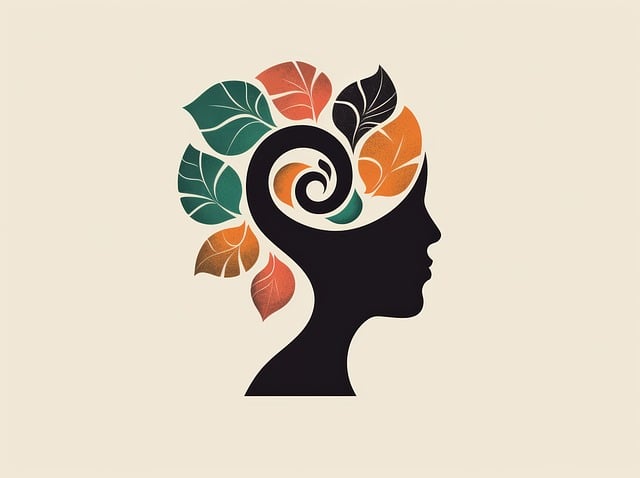In today's mental health landscape, a holistic approach to wellness is gaining traction. Therapy for holistic wellness integrates various modalities such as mindfulness therapy, cognitive-behavioral therapy (CBT), integrative wellness therapy, art therapy for healing, yoga therapy, meditation for holistic wellness, emotional healing therapy, and somatic therapy. These practices aim to cultivate awareness, challenge negative thought patterns, promote emotional healing, encourage self-expression, and foster a deeper connection with the body, ultimately achieving balance and harmony. Combining these complementary approaches in nurturing environments facilitates profound transformation and lasting emotional well-being.
In today’s fast-paced world, achieving holistic wellness requires addressing the intricate interplay between mental, emotional, and physical health. Therapy for holistic wellness goes beyond treating symptoms by integrating approaches like mindfulness therapy, cognitive-behavioral therapy, and art therapy for healing. Integrative wellness therapy, including yoga therapy and meditation for holistic wellness, focuses on somatic experiences to unlock deep emotional healing. This comprehensive approach empowers individuals to navigate life’s challenges with resilience and flourish in all aspects of their lives.

In today’s world, where mental health awareness is on the rise, many individuals are seeking holistic approaches to wellness that address the interconnectedness of the mind, body, and spirit. Therapy for holistic wellness goes beyond traditional talk therapy by integrating various therapeutic modalities. Mindfulness therapy, cognitive-behavioral therapy (CBT), and integrative wellness therapy are some popular methods that focus on cultivating awareness, challenging negative thought patterns, and promoting emotional healing. Art therapy for healing and yoga therapy are also gaining recognition as powerful tools to enhance mental and physical well-being. These practices encourage self-expression, relaxation, and a deeper connection with one’s body, fostering a sense of balance and harmony.
Meditation for holistic wellness is another key component often incorporated into these therapeutic frameworks. It helps individuals develop a stronger present-moment awareness, reduce stress, and regulate emotions. Somatic therapy, which focuses on the mind-body relationship, can also be beneficial in addressing traumatic experiences and unlocking repressed emotions. By combining these diverse yet complementary approaches, therapists create a nurturing environment that facilitates profound transformation, enabling clients to achieve lasting emotional healing and overall wellness.
API responded with status code 524.

In today’s world, where stress and mental health issues are prevalent, a holistic approach to wellness is gaining traction. Therapy for holistic wellness goes beyond addressing symptoms; it aims to integrate mental, emotional, and physical well-being. Mindfulness therapy, cognitive-behavioral therapy (CBT), and integrative wellness therapy are popular methods that encourage clients to explore their thoughts, feelings, and behaviors in a safe space. Art therapy for healing and yoga therapy are also emerging as powerful tools to enhance emotional healing and promote somatic experiences.
Meditation for holistic wellness is a core component of many integrative practices, helping individuals cultivate present-moment awareness and manage stress responses. These approaches recognize that the mind, body, and emotions are interconnected, and treating one aspect can significantly impact overall health. Somatic therapy, for instance, focuses on releasing physical tension and past traumas stored in the body, thereby facilitating emotional healing and growth. By combining these therapeutic modalities, professionals create a comprehensive framework to support clients’ journeys towards holistic wellness.
Incorporating mental, emotional, and physical aspects into therapy is a holistic approach that empowers individuals to achieve true wellness. By combining techniques like mindfulness, cognitive-behavioral, art, yoga, and somatic therapies, practitioners address the interconnectedness of the mind-body-spirit. This integrative wellness therapy fosters deep healing, enhances resilience, and promotes a sense of balance, enabling folks to navigate life’s challenges with greater ease and well-being.
